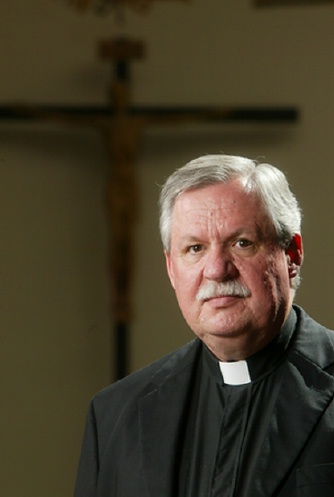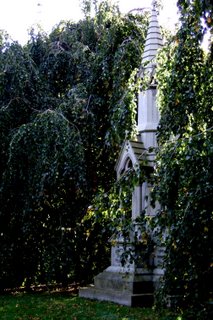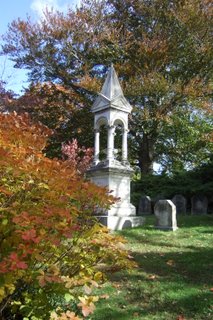They Eat Roadkill

In captivity they eat roadkill and dried rat bones. In the wild they eat carcasses of deer, antelope and small mammals killed in avalanches – but only after foxes, wolves, eagles and other vultures have eaten the flesh. The bearded vulture is immense: adults range from 12 to 16 pounds, the size of a Thanksgiving turkey with a 10 foot wingspan. A native of the highest reaches of Alpine Europe, many bearded vultures never mate, preferring lives of solitude. Those who mate do so at five years of age or older, late by bird standards. Their diet is 90% bones, the African hyena being the only other animal with this restricted diet. To digest bones their stomach bile registers nearly 1 on the pH scale, and the vulture is able to swallow whole vertebral bones of cattle.
God had the option to create any sort of bird he wanted. So, why create the bearded vulture? “How odd of God/To chose…’ the bearded vulture.
We can never know the mind of God. Yet, it is very clear that these vultures hold pole position in a line of raptors that include foxes, wolves, and eagles, all of whom clean the environment of carrion. The bearded vulture, consuming mostly bones, completes the cleaning process. In God’s creation nothing is wasted. “Energy may neither be created nor destroyed. Therefore the sum of all the energies in the system is a constant,” says the law of the conservation of energy.
In the rural town in West Africa where I lived as a Peace Corps Volunteer, there was little litter. Everything was used: old tin cans, plastic bottles, paper bags, everything. Very poor people have very little, and what little they have they use, and nothing is wasted.
Mother Teresa’s fundamental insight, the foundation of her world-wide ministry was that the homeless remain fully human, children of God, and worthy of respect and care, despite their poverty, misery, age, and disease. No human being is wasted. All human beings are equally precious in God’s eyes.
For as the rain and the snow come down from heaven, and do not return there until they have watered the earth, making it bring forth and sprout, giving seed to the sower and bread to the eater, so shall my word be that goes out from my mouth. It shall not return to me empty, but it shall accomplish that which I purpose, and succeed in the thing for which I sent it.(Isaiah 55:10-11)
So God asks us to recognize this fundamental dynamic in Creation and to live with greater comfort in the reality that God is in charge. God is bringing Creation into new life in him.
(Information on the bearded vulture came from an article “Mighty Vulture Back from Near Extinction,” The Boston Globe, October 31, 2005.)




